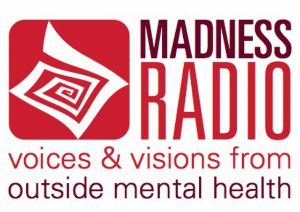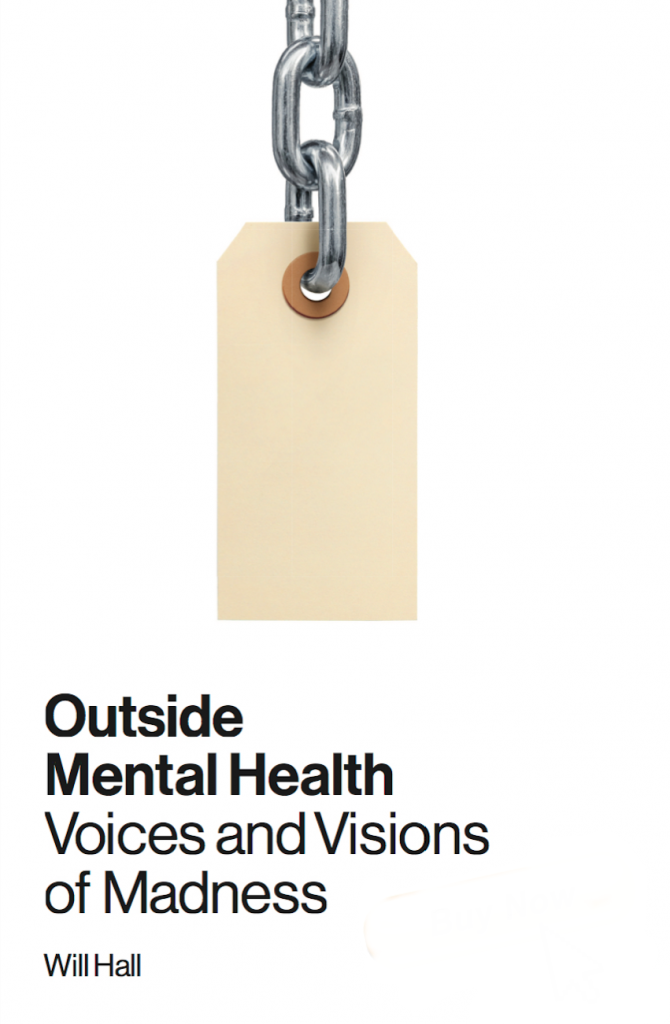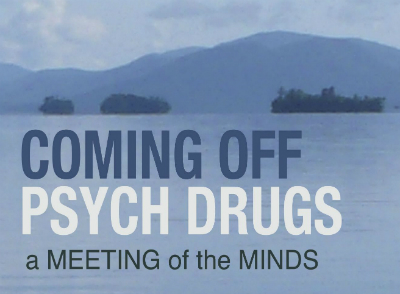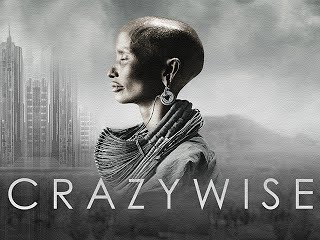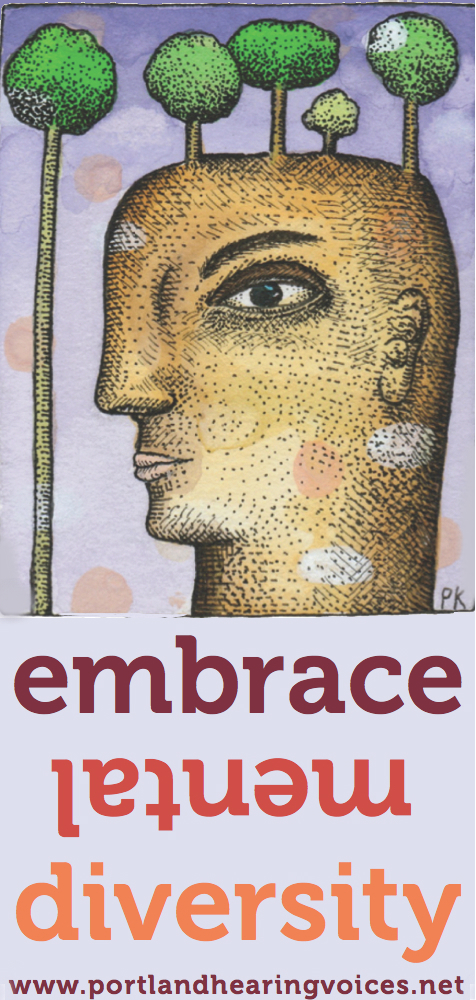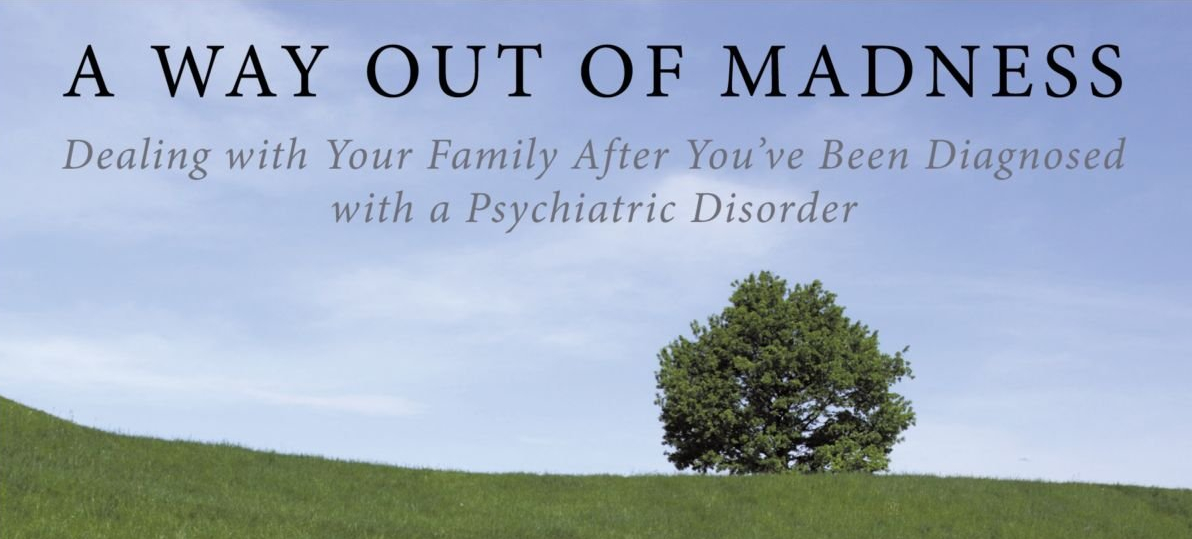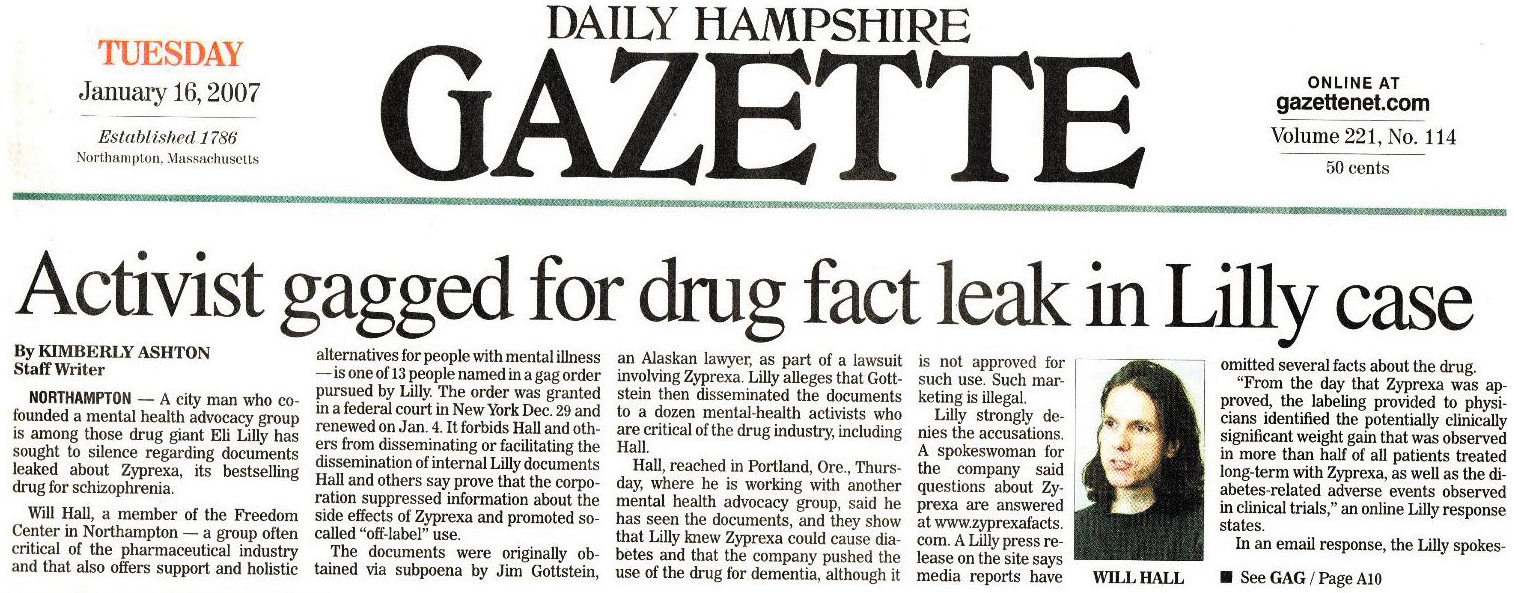Email: willhallclients@gmail.com Phone / text: +1 (413) 210 2803
Signup for updates: https://www.willhall.net/signup
Twitter: @willhall
If time sensitive, please send me a text message.
Do you have a sliding scale for people with economic limitations?
I charge standard rates for counseling and consulting in the US based on the California region I live in, and I adjust for the country economics of the person I am working with. If you are unable to afford sessions because of economic limitations or regional differences please let me know your needs, and if I have sliding scale openings I will do the best I can to work something out with you. Please email me to confirm my current rate. Because I charge standard rates for counseling and training, I am able to devote a portion of my working hours to volunteer community work, and to working with people with limited economic means at a reduced rate. If I don’t have sliding scale openings, you can check back with me after a time to see if any have opened up. I can also point you to other resources, such as the communities and educational work I am part of, and other practitioners.
If you are working with me on a sliding scale reduced rate, please keep me updated with any changes in your economic situation that affect your ability to pay and/or the frequency of our sessions, so we can adjust our arrangement and keep things up to date.
Do you take insurance?
Sometimes clients have been able to get insurance reimbursement, but because my work is not the same as mainstream therapy, psychotherapy, or psychology insurance companies won’t reimburse – but sometimes they have. Contact your insurance provider if you are unsure; I can provide whatever documentation is needed.
Do you recommend any other resources?
My book Outside Mental Health Voices and Visions of Madness has a broad introduction to many issues and is a free download. Madness Radio has interviewed more than 200 people who share alternative ways of understanding mental health issues. My coming off medications page has resources about psychiatric drugs including my free Harm Reduction Guide. The websites Mad In America, Inner Compass, Surviving Antidepressants, and Beyond Meds are an excellent intro to recovery movement resources.
I don’t have zoom, can we still meet?
I meet people via zoom or phone, based on your preference. Zoom is relatively easy to use, just click the link I provided and the app will open automatically. You don’t need to download and install Zoom before using it. I also often work with people just on the phone.
What if the internet connection is not reliable?
If the connection is not working, we can try twice to call back, and then go to a regular phone call. If the Zoom video works but audio doesn’t, we can put the zoom video on mute and then call on a regular phone. I do my best to make video connection an option, but sometimes because of my schedule I will need to do a phone call instead.
Are you available all year round?
No, I sometimes have a travel and teaching schedule that limits availability; I will advise people I am working with, and also offer some colleagues you can work with if I am unavailable and you feel a need to meet.
Do you offer crisis services?
There is a great need for on call and extended support for people and families in need, and crisis can be unpredictable. I try to make myself available as much as I can, but I can’t offer crisis support. When people I’m working with need more support than the session availability I have, I will work to help them establish supports in their community, work with movement resources like hearing voices groups and coming off meds groups, and also connect them with colleagues who can sometimes offer additional sessions and support.
Are weekly sessions the only way to work?
While I do see many people weekly, flexibility is an important part of the way I work, and some people do not follow a weekly format. I often work with someone weekly for a while, then am available as-needed from time to time, such as when things get difficult or they feel stuck or want a new perspective. I also have worked more frequently than once a week if that seems best for the situation and needs, such as times of crisis or conflict, and met longer than an hour. I want therapy to be flexible and serve the needs of a person’s life and situation.
Everyone I have worked with is always free to contact me in the future at any time, even if we haven’t met in a while, and will receive scheduling priority if you want to meet.
Are all your sessions an hour?
Usually I meet for 50 minutes, after which we will wind up the session. The ten minutes extra gives me time to transition between appointments, and also if there is something we didn’t get to it allows us to take a bit of extra time before we close the session. Appointments may need to start up to about ten minutes after the hour if the previous session went a little long; if I start the session late we will make sure to go a little longer so you get the full time scheduled.
If you are feeling the need to spend more time meeting, I do sometimes meet with people for longer than an hour. If we meet longer, we will try to take about a ten minute break between each hour.
How long should we work together?
I have worked with people who benefitted from one session: sometimes it doesn’t take much time to strengthen their own resolve, help them make a specific decision, learn new information, come up with a roadmap, or pass a turning point in a relationship that has been stuck. Usually people work for several months or a year, while some clients have seen me regularly for many years, or worked together for a while and then stayed in touch with sessions every now and then. I often raise the question of how to make our time together most useful and how we should best proceed: I emphasize flexibility in meeting people’s needs based on their own understanding of what is best.. My goal is for you to find resources outside of therapy to give you the support you need, and at the same time I am also here to continue to meet as needed.
Can I reach out to you if I need to between sessions?
If you find yourself needing to reach out or connect before an upcoming scheduled session, yes, please feel free to contact me via email or text. If things feel urgent, I am sometimes available for a brief check-in phone call or I can text or email you back. We can also schedule a session on short notice.
I’m not always available to respond right away, but I do my best. The fastest way to contact me is through the special clients email address I have sent you, willhallclients@gmail.com. If it is very time sensitive, also send me a text message to (413) 210-2803. I get many messages so please be persistent if you don’t hear back, and just send me another message as a reminder. (If short notice support is often important for you, let’s talk about different backup plans for people you can reach out to when I am not available.) Reach out any time: if I am not available your messages won’t disturb me, and don’t worry about the time or timezone. When I can respond by text or email I will; there is no additional fee for any time I spend communicating outside of sessions.
Can I contact you even if I haven’t seen you for a while?
Yes, please feel free to contact me any time: to just say hello, check in about how you are doing, schedule a session, if you are in need of connecting on short notice, or if you just have a question. Change isn’t a simple one-way process and sometimes we need to revisit support or get a renewal of work we’ve done. You may also find yourself in a new place with new challenges I might help with.
Can I send you emails and texts between sessions?
Yes, and writing can often itself be helpful. I do my best to read the emails and texts people send and respond, but I am not always available. We may need to wait until we meet in person, when we can go over things together.
What if I am worried about being a burden or too demanding?
I’ve been doing this work for many years and am very good with not overextending myself with people reaching out to communicate. If I am not available I will let you know or you won’t hear back right away. So please feel free to reach out whenever you need to.
Can we meet by text message?
Yes, I am happy to meet in whatever format works best for you; personally I have had times when texting felt more comfortable or safer and I could express myself better, so I understand if your preference is to text or email.
What are your credentials?
My work has been widely recognized in the international community of alternative approaches to psychosis and mental illness. My interest and inspiration arise from my own experience of recovery from a diagnosis, not any professional licensing as a psychotherapist or psychologist. I work in a tradition outside of the psychotherapy industry or behavioral health system and my training is primarily through the extensive support groups and community work I have been part of.
I am a counselor, coach, and consultant with a Masters Degree in counseling. I am a lifelong learner and have been in formal training programs for many years: I hold a two year certification in Open Dialogue from the Institute for Dialogic Practice where I trained with Jaakko Seikkula and Markku Sutela; I am a certified WRAP facilitator and NADA ear acupuncturist, and have many years experience as a group facilitator and trainer in the psychiatric survivor and Hearing Voices Movement. I hold a Diplomate in Process Oriented Psychology / Process Work, the highest level of professional training as a teacher in a Jungian therapy approach developed by Arnold Mindell, who was a training analyst in the Jung Institute of Zurich Switzerland. I’ve also done some studies at the California Institute for Integral Studies and with the Hakomi Institute: I interrupted my programs there to pursue a less traditional path. I am currently a PhD student at Maastricht University at the School For Mental Health and Neuroscience studying psychiatric epidemiology, a research program that draws from my clinical, community, and personal experience working with people.
I am not part of the mainstream psychotherapy or psychology professions and do not offer psychotherapy or psychological treatment. I do not prescribe or diagnose, do not conduct psychological assessment, and am not a medical doctor; I do not believe in the traditional medical or psychological framework of ‘treatment’ for ‘disorders.’ I don’t believe problems are ‘inside’ people like a broken machine. While I did consider licensing as a psychotherapist, and completed three years of psychotherapy training in a licensing program, I concluded that the licensing process is an obstacle to the ways I know best to help people, and that I don’t want to identify with a licensed professional system that, while helpful for some, is also widely hurtful to many.
My work is based on shared inquiry into mutual human experience. Healing and growth are natural processes: everyone has expertise in being human, and my job is to help you overcome obstacles to following the knowledge and wisdom you already have.
What is the difference between “counseling,” “coaching,” and “consulting?”
The psychology industry makes sharp distinctions between these terms, but because I don’t see people as pathologies or disorders I use them interchangeably with people I work with. I do not always focus on emotions and will frequently help a person problem-solve a practical situation in their life. I often work with people about fulfilling their potential, exploring creativity, or expanding their joy, not just overcoming their suffering. I welcome emotional expression and personal disclosure in ways that go beyond what might be called coaching. I rely a lot on dreams and dreaming. My work is directed by the goals of the people I work with, not any professional assessment of a diagnosis or disorder.
Are sessions confidential?
My sessions are completely confidential. Working together means you have my commitment not to ever reveal any information without your express permission, under any circumstances (similar to US client-attorney privilege or being the source for a journalist). If I work with your family I remain confidential between who I am speaking with; I don’t reveal anything discussed. I do not follow or align with any mandatory or legal disclosure requirements associated with the medical or psychotherapeutic professions. I do not grant access to any data if requested, such as at border crossings. I do sometimes work with sensitive situations such as abuse, crime, professional reputation, violence, and family conflict, and it is vital that people are free to speak freely and privately and not be alone with these situations.
If you have questions about privacy concerns around working together, we can use the privacy app Signal: please contact me, or reach out on a privacy email such as protonmail. If you would like to use PGP encryption to contact me about privacy concerns around working together, please email me anonymously and access my public encryption key here.
Do you help people come off psychiatric medications?
I am not a prescriber or medical provider, but I do often work with people coming off and reducing psychiatric medications, and my work has been recognized internationally helping people come off medications. Coming off meds is a life change process, not a medical procedure; there is no single way to approach relating to any psychoactive substance, including psychiatric medications, and you cannot control emotion and consciousness response through dosage or withdrawal “protocols.” Even the best doctors or psychiatrist will have very different opinions about pharmacology and medications, and so it is vital for people to cultivate their own personal ability to guide the process. My role in coming off medications is to help you develop that ability to guide yourself based on your own experience and learning. I am not pro- or anti-medications, but take a harm reduction approach that is flexible to each person’s needs, balancing the very significant risks posed by medication and sometimes also by emotional extremes. Check my coming off meds page for more info.
How successful is your work with people?
I believe the ways people grow and change are mysterious. “How do we overcome suffering” or “how do we find joy” are deeply personal questions that humans have been asking since we became human. My own understanding of what “helped” me is complicated and even changing. I do this work because people report it is helpful and useful to them (you can take a look at my Testimonials page for some quotes from people), and because I feel a strong personal inspiration to be of service in this way as a calling. I make a modest livelihood from this work and am grateful to be doing something that I love: meeting and caring about people. I see my work as an ongoing learning, and I am always open to change in how I do what I do.
People I work with often return to work and school, restore relationships or make needed relationship changes, avoid hospitalization, come off medications, overcome abusive situations, reignite creative passion, deepen their sexuality, resolve conflicts, live more independently, stand up to bullies, find relief from their suffering, shift out of stuck family patterns, and discover pathways to their joy. If my work can help people achieve any of this it is a great privilege to be of service, but ultimately each person must discover for themselves how and why they have grown and changed in life.
In working together I will often ask you what is meaningful, helpful, or useful to you, and I encourage you to take that as an invitation to help me with my own learning, so I can use feedback to adjust how we are working together. I believe that in life we are all teachers for each other: a big part of my job is to learn from you.
What is your counseling philosophy?
The Heart and Soul of Change research says there are three elements to successful therapy: the quality of the relationship; the confidence of the therapist in whatever approach they are using; and the ability of the therapist to accept and incorporate feedback from the person they are working with.
I believe the power to change, heal, and grow is natural in all living organisms, including humans. Life is always an actively expansive process of moving towards fulfillment. Self-perception and stance in social context are determinant, and if a close relationship of trust and listening can orient towards change, it will result in change.
If a session doesn’t feel helpful, I assume that it is something that I need to do differently — not a problem with the person I am with. Please let me know and we can explore what is happening and how to address it. In the past I have done additional follow up sessions to address something I missed. We can also talk about finding other resources for you. And I certainly am not going to charged for work that is not useful to the person.
Do you promote holistic health?
I am a certified NADA acupuncturist and longtime practitioner of holistic health understood broadly. I do not believe that emotional problems can be reduced to holistic health imbalances in a simplistic manner, but I do frequently counsel people about holistic health basics that might contribute to their wellbeing. Whether or not nutrition and lifestyle changes are helpful depends on the person. My own experience is this: holistic healthcare helps sometimes, but not always. Changing the food I eat, restoring gut health, walking, being in nature, expressing emotions, seeing acupuncturists and homeopaths have all been important to my own wellbeing, but I don’t assume this is for everyone, and I also know that even I can’t be sure what helped or didn’t help me – maybe it was timing, or the placebo effect, or just my belief in trying something new.
I view the key factors that need to be addressed are people’s life experiences, emotions, relationships, and problems with living. If you are oppressed, without a voice, and traumatized, the right food and supplements won’t make much of a difference. Often people find holistic health helpful because it means they are making an empowered and proactive step towards change. I focus on that empowerment, connection, and listening. At the same time, the food we eat, exercise, nature. and social connection are vital to what makes us living organisms in an ecological context and always play a key role in healing. Whether the person adopts new health practices, spiritual approaches, goes back to school, makes relationship changes – it is the empowerment and connection, and the emotions and meaning around it, that are most important.
Do you believe individual counseling is right for everyone?
No. I want everyone to have the social connection and resources in their lives to be supported by their community, not reliant on therapy. My goal is to get people back to their own capacities and connected with the world. I often encourage people to come into sessions with people they are related to, based on my group and family training with Open Dialogue and other approaches, to help them find those resources of support. I am also actively involved in promoting community-based and peer alternatives to the often isolating and sometimes harmful approaches of individual western psychology, and I also offer classes, seminars, and educational opportunities like my radio show, book, and medication guide. Ultimately I believe in a community development approach based on group connection, mutual learning, ritual, and public social change. Mental health means healthy communities, which means social change, not just individual change.
At the same time many people have reported benefit from individual and group or family counseling sessions, and I myself have found individual therapy helpful — at times (though I do wish I had family sessions, which might have helped me even more). Generally I am not limited to the “once weekly until you are analyzed” standard model, and instead follow the pattern of meeting and involvement that makes sense for each person. I will often meet with people for a time, then they leave and find community and relationship resources, then they might come back, work some more on obstacles or questions or contact me for ideas and input, then I hear from them again when they reach a difficult time and need some new orientation or new pathway in the community… My goal is for people to find support and resources for living their life and finding their way, with me being a flexible part of their broader life.
How does your community work connect with and overlap with your individual and family work?
I don’t see therapy as a real long term solution for mental health and emotional distress – I believe we need social transformation to create caring communities with resources, knowledge, and compassion to respond to each others suffering. This community development model means I am actively involved with the social change and activism efforts including the Hearing Voices Movement, mad movement, peer specialist community, Mad Camp, harm reduction community, education, training, and human rights advocacy. I often point people to these resources to get involved so that together we can solve the systemic and upstream problems that do not have individual solutions. I refer people to community resources and connect them with efforts we are working on collectively for change, and don’t see reliance on a therapist outside of this larger context.
What are your policies around being in community settings where you might also run into people you work with?
I follow strict policies on confidentiality and would not identify or disclose any information in any setting without being instructed by the person I work with. There may be times where I am in a setting with people I work with, such as a training, conference, and event, and that’s fine. I will always be available to discuss any issue that comes up or question on how to make what might feel awkward or confusing go more smoothly. I have a strong commitment to ethical practice as a counselor, and at the same time do not work inside the traditional licensed counseling frame that might discourage therapists from also being part of the community. Therapy is a special kind of caring relationship and it is like a friendship but it is also not a friendship. We are certainly humans meeting as equals but it is the specific role that I play as a therapist that makes a specific kind of focus possible in the work. My first responsibility is my role as a therapist, counselor, and consultant, and I do my best to make sure that any interactions in any community settings is in service to people’s needs. The best approach is to stay in communication about any needs or concerns that may come up.
Do you do mentoring and supervision?
Mentoring suggests someone having more of something than another, which is not how I see people, but I have worked with a number of Process Work students in what could be called a mentoring capacity, and also have worked with others not primarily on distress or personal coaching but more focused on the learning process itself. This includes especially people who are training and practicing in some area, such as counseling, spirituality, becoming a healer, guiding others, and becoming an advocate / activist, and learning about social change. In these contexts we focus on the learning process the person is going through and I share more personally and experientially about what I’ve learned – not as a model or map but as a contact point for clarifying your own decisions and possibilities.
Any mentorship must stay attentive to how the mentorship structure itself can be an obstacle to someone contacting and following their own guidance. That means recognizing when it is best not to look to the mentor because it might hold you back from finding your own inner mentor! I believe that people who have been through suffering and oppression often discover great gifts and leaders, healers, and teachers, and am honored to explore and discover this magical world of many realities that we live in together. That discovery means developing a unique personal expression that won’t be the same as how others do things. Ultimately mentorship is a recognition of our mutuality: let’s study together and see what we find and learn together.
What is your spiritual perspective?
I grew up with agnostic, Bohemian parents who encouraged me to figure things out on my own, while also, through cultural background, conveying deep religious values within me. My father’s family is Southern Baptist and he considered being a minister when he was younger; I grew up around books by Billy Graham and Fulton Sheen. My dad was a supporter of the Southern Christian Leadership Conference, holds outspoken views about integration and civil rights, and believes in an ethic of caring rooted in his Christian background, which he didn’t talk about much. My mother also was raised protestant, while also being the carrier of indigenous ancestry that gave me great pride in my Choctaw Indian heritage; she taught me to embrace the magic of the universe. Both my parents helped me become open to mystical and paranormal experiences that would become so threatening to me later in life, but also offer pathways for growth. I do not identify with any organized or institutional religion or practice, but am broadly indigenous in my worldview, shaped by my Christian cultural roots. Jung has been an important teacher to hold any metaphysical system with a grain of salt, and focus on spirituality’s practical impact and subjective meaning.
In my practice I have the privilege of working with a wide diversity of religious and spiritual perspectives, as well as people who do not have a spiritual view. I have worked with people who are Christian, Muslim, Buddhist, Jewish, pagan, existentialist, secular, shamanic, yogic, till figuring things out, escaping mistreatment in traditional religious institutions, cult survivors, and people discovering new religious beliefs within them. I welcome you bringing your deepest beliefs and practices into our work together, and I have a deep respect for how each individual relates to human life.
Whatever language we use, any philosophical and spiritual belief always asks How should I live as a human with other humans on this earth? I have tremendous gratitude for my ancestors; I carry with me their hopes and dreams as I seek to be of service to this world.
What is your activist perspective?
I have embraced nonviolence since I was a teenager and first heard Petra Kelly, founder of the West German Green Party, speak at a conference in San Francisco in 1983. I believe in nonviolence as an intimate as well as social practice, which works on the small interactions of daily life as well as larger institutional changes. “Nonviolence” is in many ways just another way to say action for love, listening, compassion, and forgiveness. I am a strong opponent of war, racism, and poverty as the three great moral problems of our time. I believe in revitalizing our democracy to reflect the promise of its origins, by ending today’s widespread political corruption by monied interests. At the same time I believe in a nonviolent ethic of humanizing our opponents as reflections of ourselves, and seeing conflict as a challenge to personal change and responsibility. I’ve been involved for many years in community development, psychiatric survivor, and recovery movement work, and am outspoken in my views about peace and ecology.
You often say “let me know how it goes.” What do you mean?
When I meet someone in my work, we become parts of shared life. We are reflections at different angles of the same human experience together. We are in communion together, even if in a glance or moment, and we create something new together. I am in a learning process with everyone I meet – as we all are. I find the human adventure fascinating and compelling, and I want to hear where you are with it. Especially if you found a pathway outside mental health and beyond our materialist, competitive, isolated, crazy-making society… I want to hear! So, send me an email or text and — let me know how it goes.
— Will



